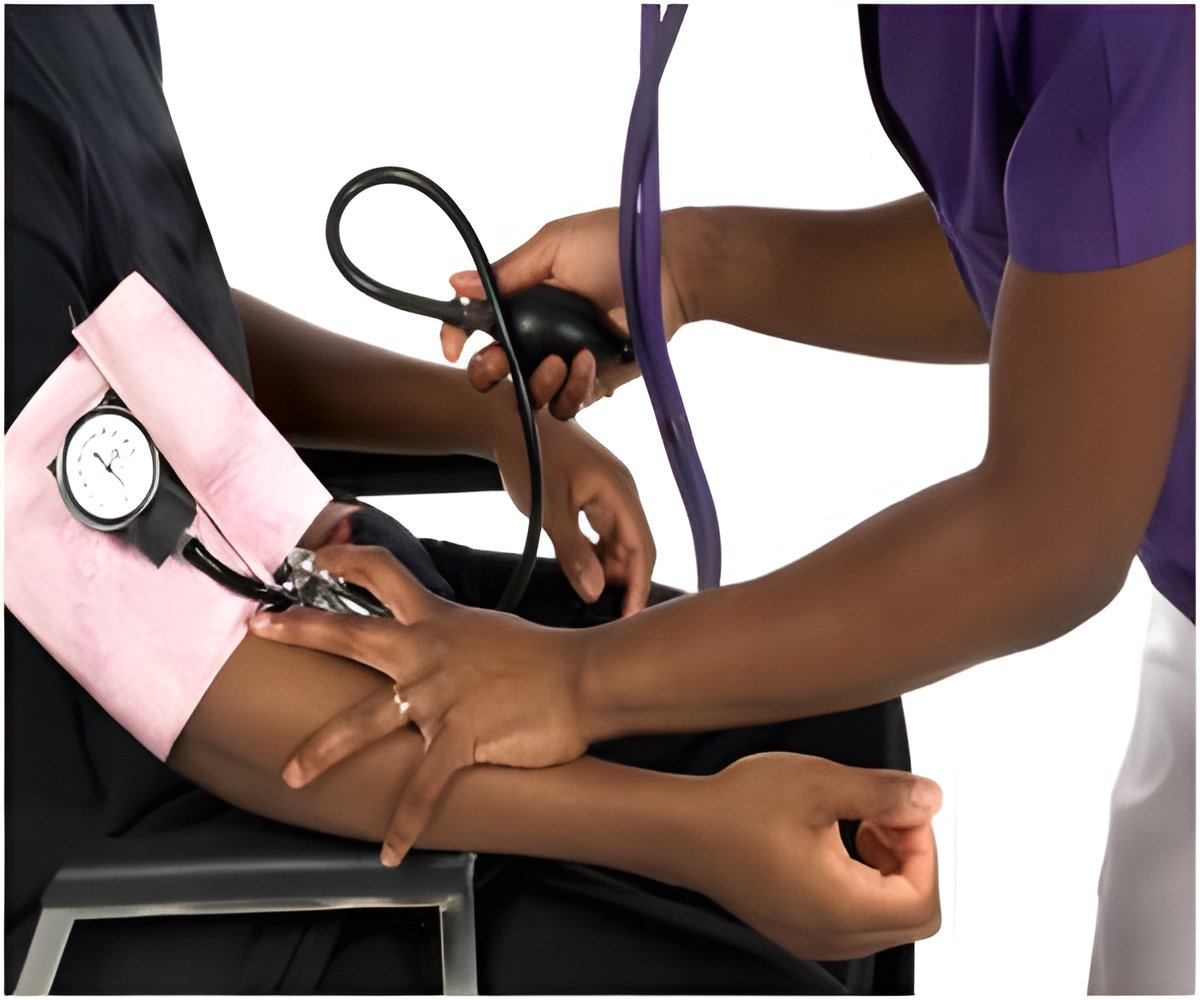Boys who grew up in a two-parent homes are less likely to have high blood pressure (hypertension) as adults compared to those raised by a single parent, says study published in Hypertension.

Researchers from NHGRI and the National Institute on Minority Health and Health Disparities (NIMHD), both parts of NIH, conducted the study.
The researchers analyzed blood pressure rates and the incidence of hypertension, a persistent state of high blood pressure, in a group of 515 African-American men enrolled in the Howard University Family Study (HUFS). The NIH-funded study conducted in the 2000s produced a repository of health history information about a group of African-American families from the Washington, D.C., metropolitan area.
According to the study, African-American men who grew up in a household with both parents had a significantly lower blood pressure as adults compared with African- American men who grew up in a household with a single parent, regardless of whether the parent was a mother or father. The researchers saw the most positive health effects in men who lived with both parents for one to 12 years. This group of adults had a 46 percent lower chance of being diagnosed with hypertension compared to adults who for those years were raised by a single parent.
Hypertension underlies an array of life-threatening conditions, including heart disease, stroke, heart attack and kidney disease. Diet, sedentary lifestyle and obesity all contribute to risk of hypertension, but researchers also think genetics plays an important role.
About one-third of U.S. adults suffer from hypertension. The burden is considerably greater in the African-American community, in which the condition affects 39 percent of men and 43 percent of women.
Advertisement
"Being raised by a single parent really puts kids at a disadvantage in terms of resources that would be available to them," said Charles Rotimi, Ph.D., co-author and senior investigator in NHGRI's Inherited Disease Research Branch and director of the trans-NIH Center for Research on Genomics and Global Health (CRGGH). "Our study is not an indictment of single-parent homes. Single parents, however, may struggle more to keep things together, and this may be impacting children in ways that later manifest as adult onset diseases."
Advertisement
More research is needed in different settings to confirm that family living arrangements negatively affect children's health outcomes later in life. The researchers hope their study will be replicated on a larger scale in populations of ethnically diverse men and women.
Source-Eurekalert















